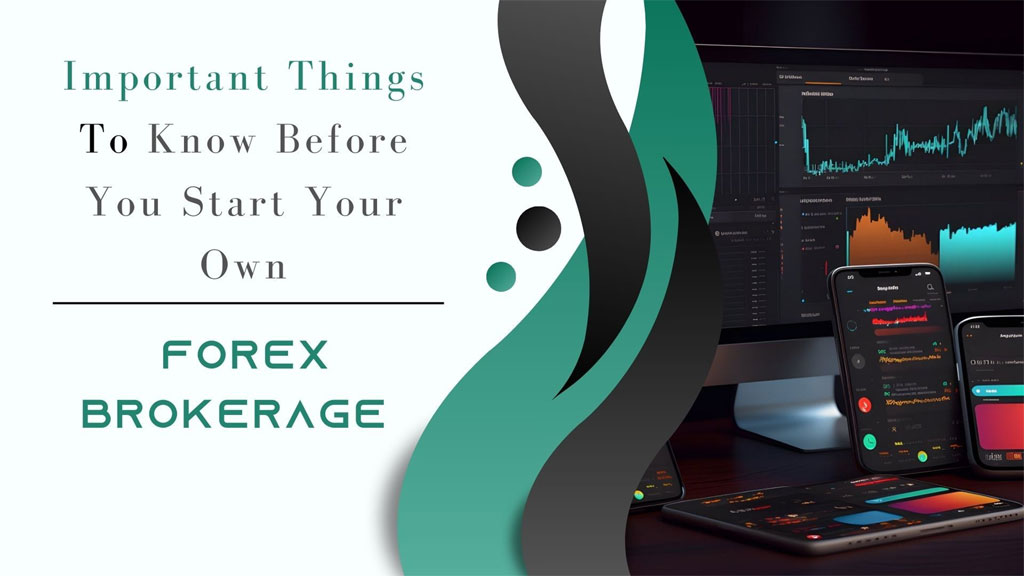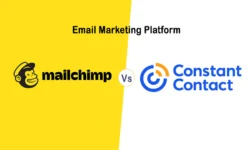Not many entrepreneurs are exploring the business opportunities that are offered by the forex market and brokerage industry. The reason for this reluctance is the heavy capital requirements and complex nature of the brokerage business. But these days, more and more new businesses are stepping into the world of trading as they have a feasible solution to launch their platform within a few weeks without building everything from ground zero. The solution that I will talk about in this blog is forex white labelling, and you will learn the most important things you need to know before starting your own forex brokerage the right way.
Business Model – Market Maker and ECN/STP Broker
One of the first decisions you need to make before proceeding with your business plan is the business model you want for your brokerage. The functions of all forex brokers are very much the same, as all of them connect the traders to the decentralised currency market. The brokerage platform allows traders to access the market and place trades by offering favourable trading conditions and other tools they will need to carry out the trading process easily. However, brokers can still be different in how they are bridging the gap between the market and retail traders.
For instance, market maker brokers will be executing the trades by acting as counterparties. However, ECN or STP brokers execute the trades without any dealing desk intervention as they team up with top-tier liquidity providers. All the trading conditions you get with a broker depend on their business model to a certain extent. Many traders have a preference for ECN brokers due to the fast execution and tight spreads. They are also considered to be more transparent as they are not directly engaged in the trading process.
However, market-maker brokers are better at providing liquidity when the market is inactive, and trading volume is low. They also tend to charge lower commissions as they earn more from spreads. In the case of ECN and STP brokers, traders may need more liquidity sometimes. Still, ECN/STP brokers with access to deep liquidity pools can offer better execution with minimal slippage.
Another thing to consider while deciding your business mode is whether you want to offer swap-free accounts to Muslim traders. Not all brokers offer such account types, but they are good for expanding your potential client base by satisfying the requirements of religious traders who want to trade without riba (interest) to comply with the rules of Islamic finance. The swap charged to overnight trade positions is based on the interest rate differential of currencies, which makes it haram for Muslim traders.
Basics of White Label Solution
As I said at the beginning of this blog, setting up a forex brokerage from scratch requires a lot of resources, time, expertise, and funds. A beginner or new entrepreneur without experience may not be able to accumulate all these. Even if they can do this, dealing with challenges and competition will not be easy on their own. Thus, many aspiring brokers are turning towards white label solutions, which allow them to complete the initial setup process with a lesser amount of capital and launch the platform real quick, which can be as fast as a few weeks, depending on the white label provider.
The white label provider will be a well-known forex broker who is ready to share their platform, technological infrastructure and more with a new broker. The initial setup cost and ongoing costs of forex white labelling are way lesser in comparison to the cost of setting up a brand new brokerage on your own. The white label provider will be in charge of all the complex technical processes that are essential for establishing and running a brokerage. Besides helping you with branding and customisation of the platform, some white label providers will also assist you in promotional activities.
Talking about the benefits of a forex white label solution, it reduces the cost burden and helps manage the risk, as you can always seek advice and guidance from the white label provider. The key purpose of forex white labelling is to get a turnkey solution to rely on for launching your brokerage. This allows you to fully focus on building your brand name, and the chosen broker will carry out all other complex tasks on your behalf. They will be there by your side, helping you with each and every step.
Things to consider while choosing your white label provider
The cost of a white label solution is a very important aspect to consider for finding a suitable white label provider. Make sure they fit your budget and check the platforms they offer as part of the white label package. It would be better to look for a regulated broker as your white label provider as they can help you to comply with the industry standards while operating. You should also decide the jurisdiction where you want to function as a forex broker and then work on the brand image for client acquisition.
Risks Involved
The risk of forex white labelling is lower in comparison to the risks you take while entering the market as an independent broker. But there are still some risks involved. First of all, you must ensure that you comply with the rules and regulations to operate within the legal boundaries. You need to be transparent and offer a secure trading experience to your future clients. So, the platform provider and technological infrastructure should be reliable and safe. Another risk that you will have to deal with is severe competition, and building your client base as a new broker is a tough and time-consuming task.
Bottom Line
In the end, opening a forex brokerage is still a lucrative business idea, and when you find a trusted white label provider, entering the brokerage industry is way easier. The risk is there, but it can also be rewarding if you have a sound business plan and marketing strategy to emerge as a leading broker over time.







